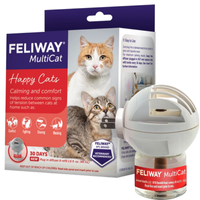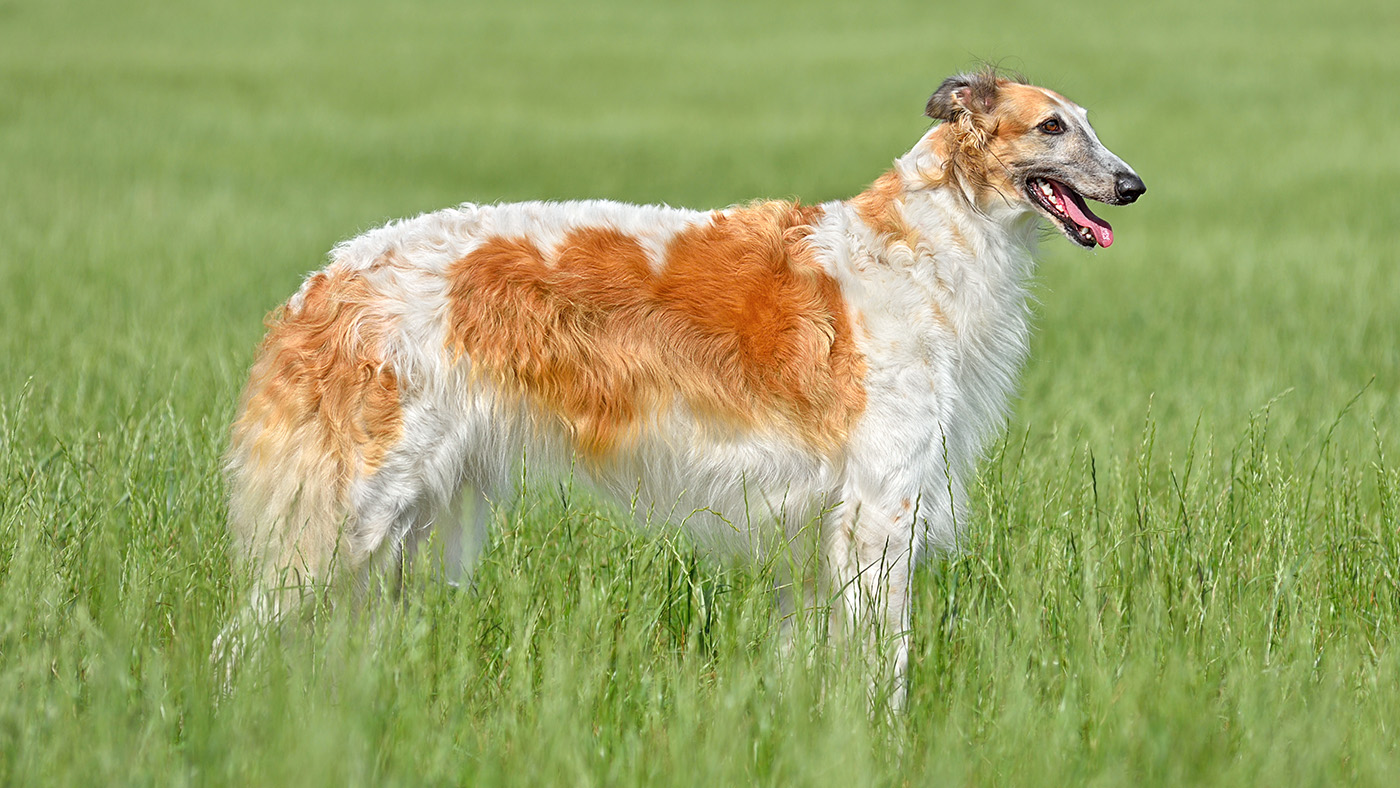Why do cats rub their face on things? We asked an expert (and the answer is really sweet!)
Ever wondered, 'Why do cats rub their face on things?' We found out why.
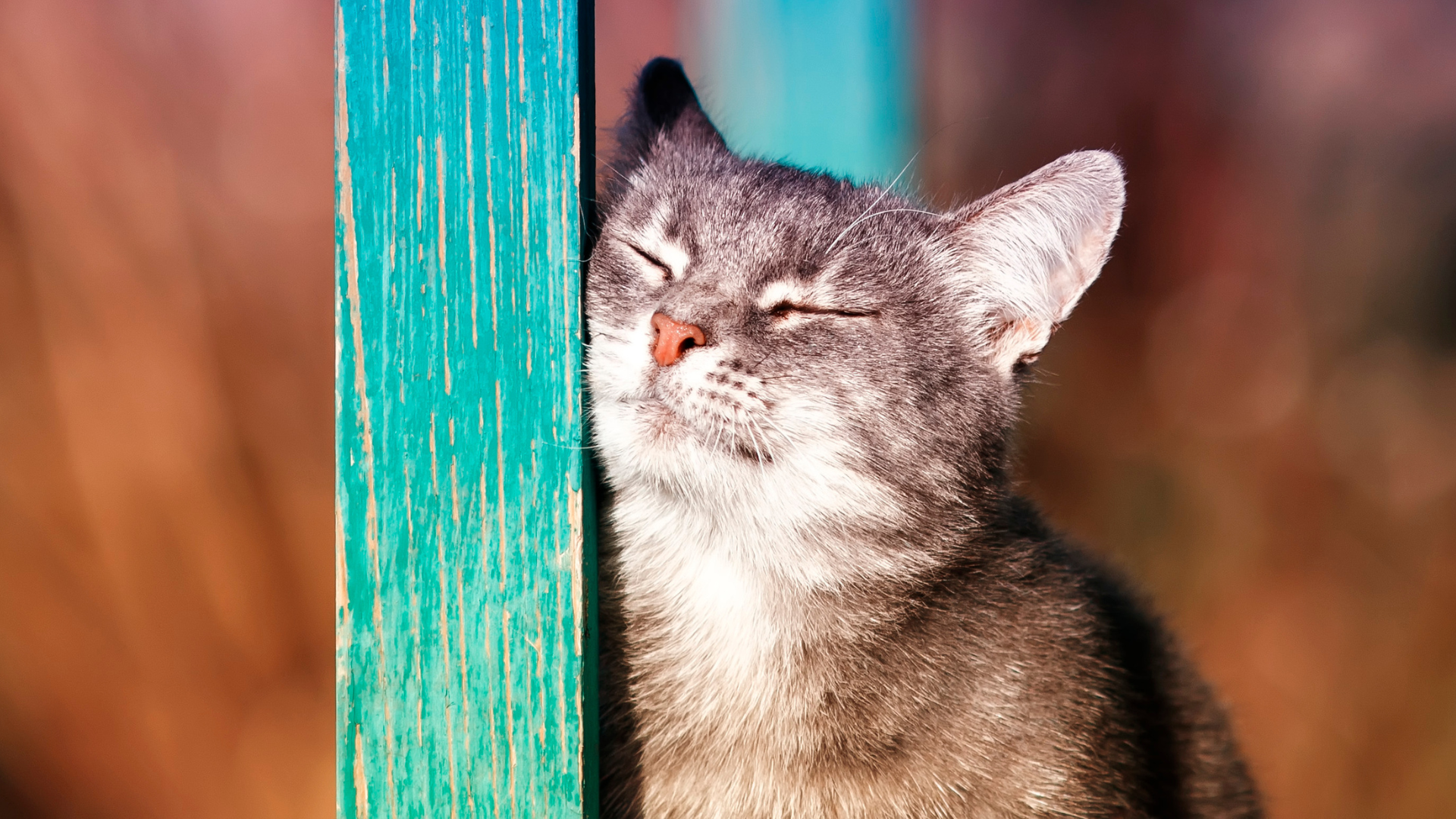
If you're a cat parent, then you've probably questioned 'Why do cats rub their face on things?' This behavior is very common, so it's no surprise if you're feeling curious about what it means.
Your cat might rub their face against various objects in your home, like the best cat toys, your TV or the couch. You might also see them rubbing their face against the sharp corners on your furniture.
So, what does this mean? The good news is that this behavior is nothing to worry about, and is something that lots of (happy) cats do every single day. To find out more, we spoke to expert feline behaviorist, Amanda Campion, who has 35 years of experience with cats.
Below, she explains the reason why cats rub their faces on surfaces and sharp corners (spoiler alert: the answer is pretty cute!) She also breaks down what cat scent glands are and how they're used for communication. Let's dive in:
Why do cats rub their face on things?
It's all to do with your cat's scent glands, according to Amanda. They have these all over their body, and the ones on their face can be found on their cheeks, chin, lips and forehead. These glands are unique to the individual cat and play a huge role in cat communication.
Amanda says: "These glands secrete pheromones, which are chemical signals used for communication and are unique to each cat, just as a fingerprint is to us. When a cat rubs its face on objects or people, it’s depositing these pheromones."
Another name for this behavior is 'allomarking' and is something that other animals, like badgers, do too. Not only is this a way for cats to mark their territory, but it's also a form of social interaction.
PetsRadar Newsletter
Get the best advice, tips and top tech for your beloved Pets
If you notice your cat rubbing up against objects, it's not a cause for concern. In fact, it's quite the opposite. Amanda says: "[This behavior] can be a comforting gesture, as cats associate familiar scents with safety and security."
Long story short, the reason behind this behavior is actually very sweet. Your cat feels comfortable in your home and wants to mark what's theirs.
If you want to learn why cats rub against you and what cat head butting means, have a read of these helpful guides.
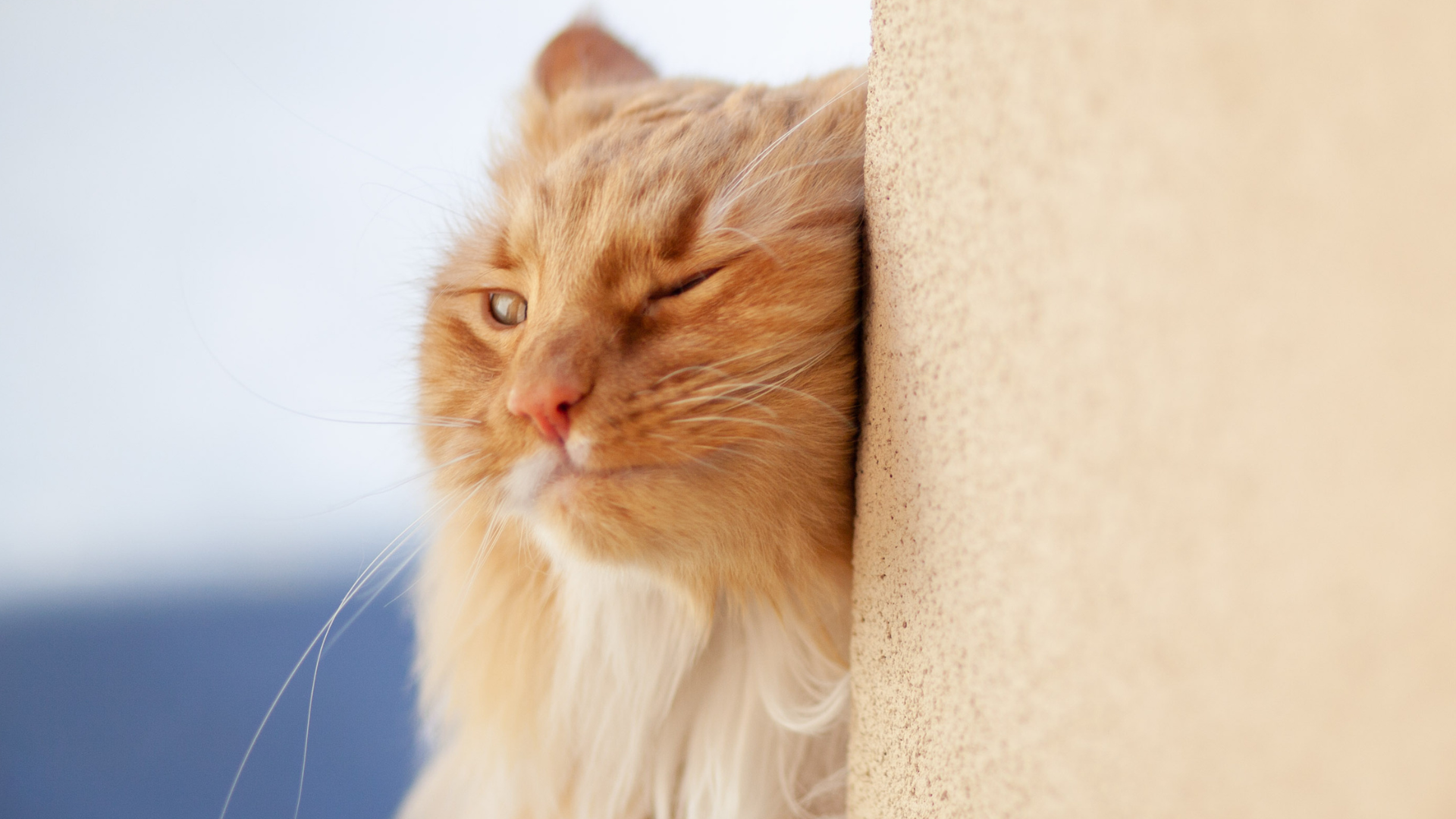
Why do cats rub their face on corners?
We don't know about you, but the sharp edge of a coffee table is the last thing we'd want to rub our face against. This is one of the seven strange things cats do that are actually quite normal.
So, why do our feline friends love it so much? We asked Amanda and the answer (surprisingly) makes sense. When cats rub their face against corners, they are depositing their scent more prominently somewhere. It also helps them to target a specific area.
Amanda explains: "Each facial pheromone carries a different pheromone component and is identified as F1 to F5. The F3 facial pheromone is deposited especially on corners which often have a higher concentration of scents due to these areas being at cat nose height.
"[This allows] them to brace against the corner, intensifying the rub, [and] making them ideal spots for cats to leave their mark."
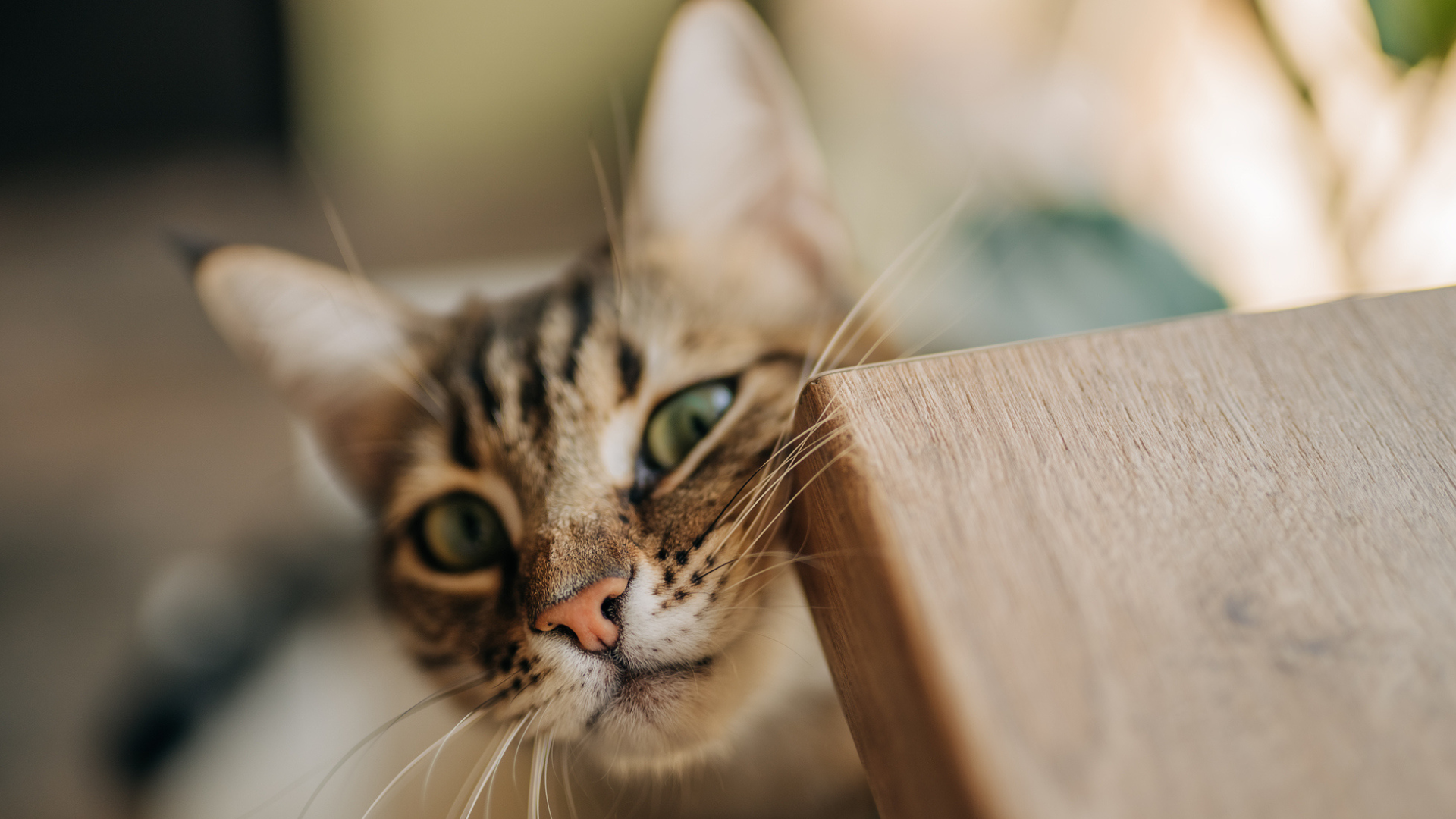
What are cat scent glands?
Did you know that feline communication is mainly non-verbal? Yep, we were surprised, too! It turns out that scent glands are one of the main ways that they communicate to one another (alongside cat body language).
You can find scent glands all over your cat's body, like in the base of their tail and in their interdigital paw pads.
Amanda explains: "These glands produce pheromones that convey information about the cat’s identity, reproductive status, and emotional state to other cats in the environment. Understanding the significance of these scent glands helps us decipher the complex social dynamics and territorial behaviors exhibited by cats."
For example, when it comes to emotional states, cats will often use their scent glands to signal feelings of stress or anxiety.
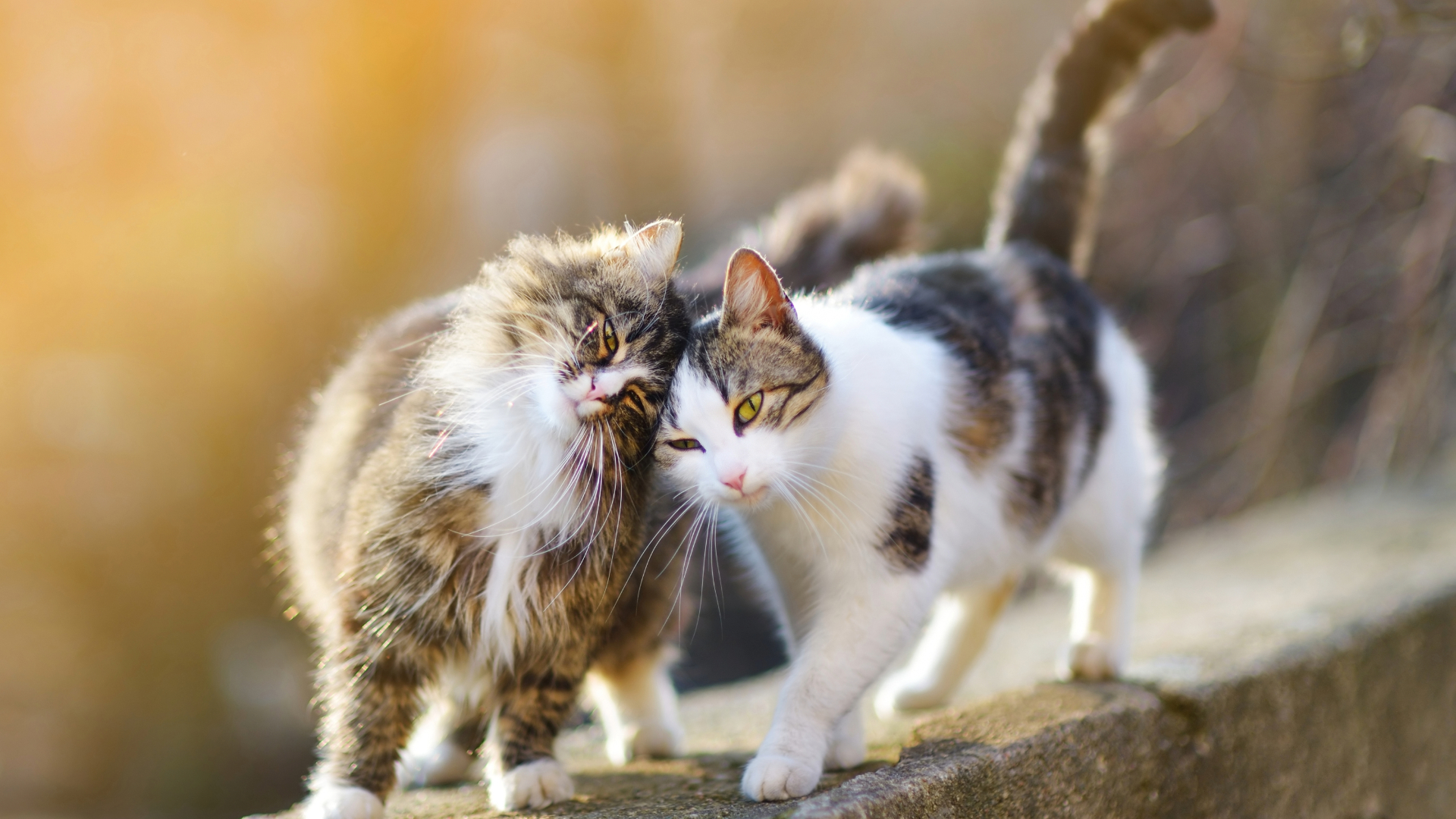
Anxiety in cats can be triggered by lots of things, such as a new animal in their territory, a change in routine or moving homes. To learn how to move house with a cat (without upsetting them) this guide is worth a read.
If you think your cat is feeling stressed, Amanda recommends buying synthetic pheromones to put around your home which "mimic the 'happy pheromones'" and "help a cat feel instantly calmer and more secure in its environment". You can buy them as plug-in devices, sprays and collars.
In this feature, one writer put a calming cat collar to the test to see if it could really help his kitty. To find out how to calm a cat during periods of high stress, this expert's guide is here to help.
Feliway MultiCat 30 Day Starter Kit Calming Diffuser for Cats
Does your cat feel anxious? If the answer is yes, then it's worth investing in this calming diffuser. It releases synthetic 'happy' pheromones to help your cat feel relaxed again.
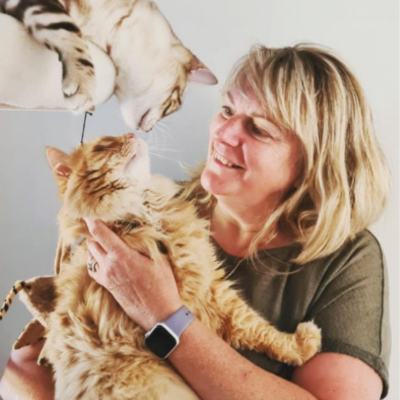
Practicing as a full clinical animal behaviorist member, Amanda's passion is cats. She helps to correct all their quirky unwanted issues, anxiety, and stresses that can manifest from time to time. Amanda has worked alongside charities for many years, helping to rehabilitate cats from surrender and euthanasia. She previously had her own cattery, fostering and rehabilitating traumatized shelter cats, enabling them to go in to have happy lives with their new owners.
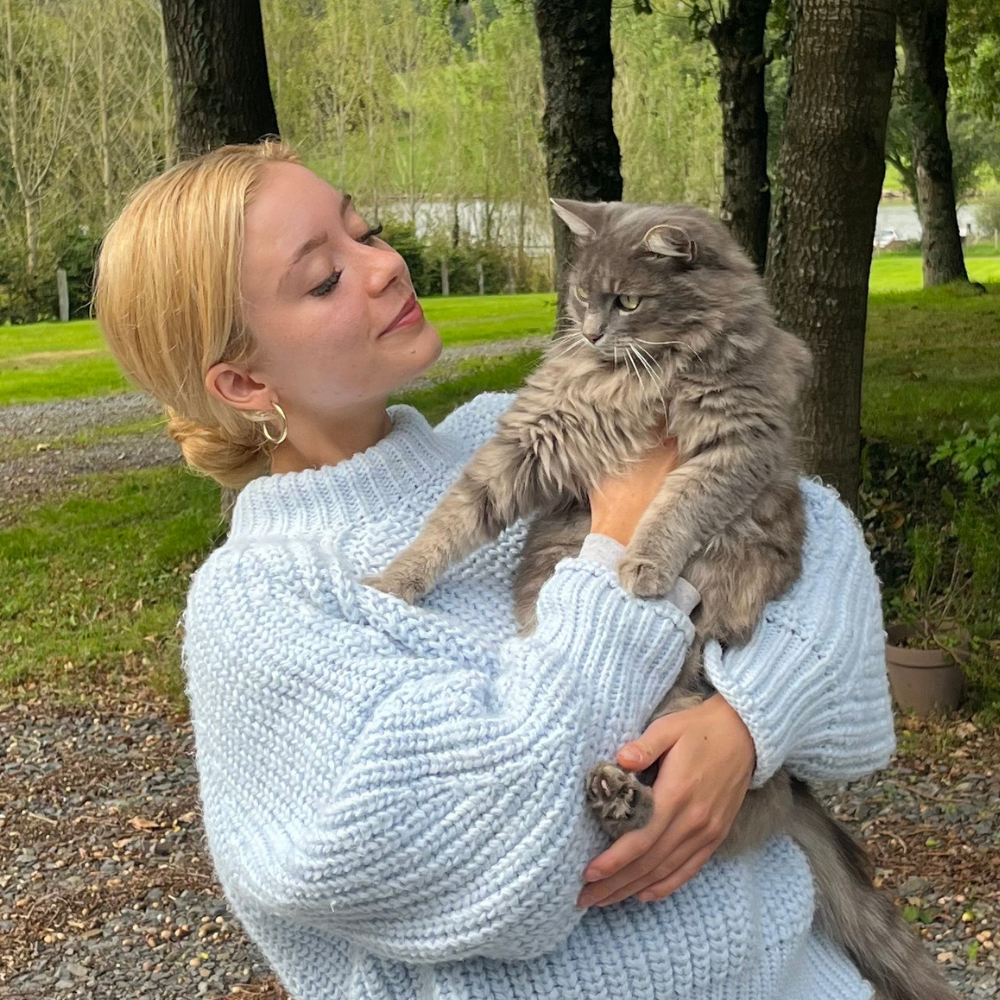
Megan is a Staff Writer at PetsRadar, covering features, reviews, deals, and buying guides. She has a wealth of experience caring for animals, having grown up with dogs, cats, horses, guinea pigs, and more throughout her life. She studied BA Journalism at the University of Westminster, where she specialized in lifestyle journalism and was editor of Smoke Radio’s lifestyle website. Megan works alongside qualified vets and accredited trainers to ensure you get the best advice possible. She is passionate about finding accurate and helpful answers to your pet-related questions.
- Amanda CampionClinical Feline Behaviorist
